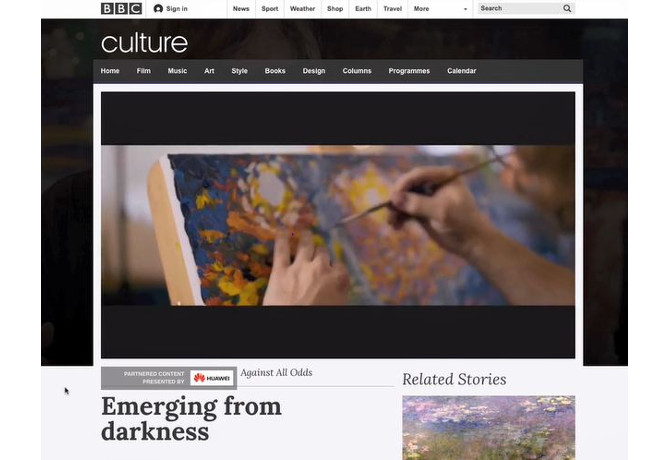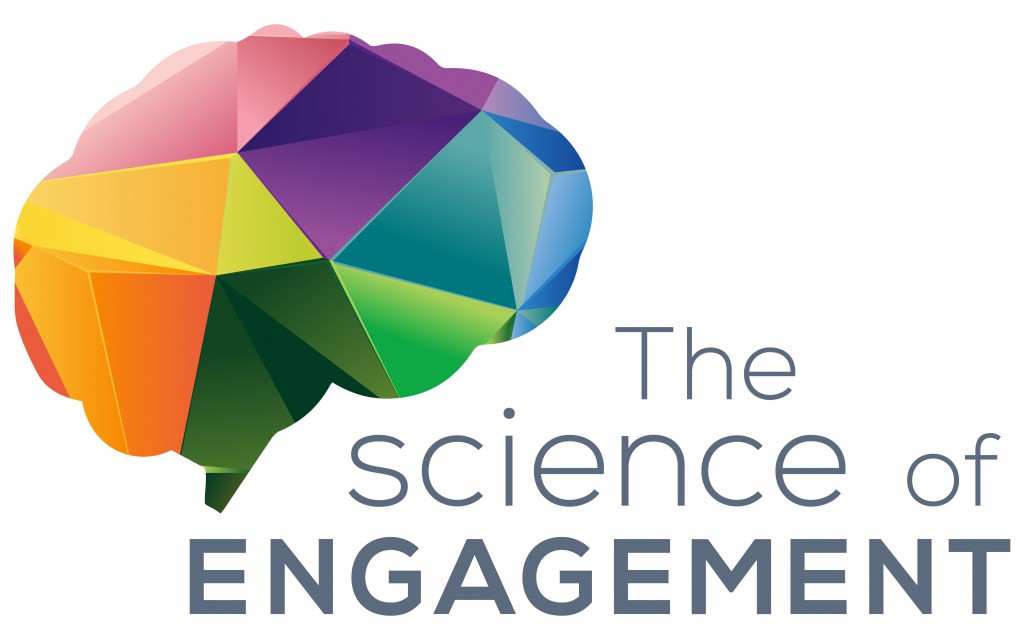Advertisers should pay greater attention to the emotional response created by their content marketing campaigns, according to a new ‘Science of Engagement’ report commissioned by the BBC’s StoryWorks unit.

The corporation partnered with CrowdEmotion to survey 9,136 consumers across five global markets – the US, Australia, Germany, Hong Kong and Singapore – to discover if there is a connection between emotions and campaign metrics.
Participants were shown nine video campaigns featured on BBC.com and created by the BBC StoryWorks content studio over the past year, for brands such as HSBC, Huawei, Cathay Pacific, Mazda and Dassault Systemes.
CrowdEmotion monitored participants’ facial muscles while they watched the selected campaigns, while also quizzing selected consumers on more traditional brand metrics.
The study found that serious emotions, including fear, puzzlement and sadness, can trigger a deeper “subconscious” relationship between viewer and advertisers. In comparison, lighter emotions such as happiness and surprise can lead to a boost in purchase intention.

Subconscious positivity
In the case of ‘serious’ emotions, a Huawei campaign (see below) called ‘Emerging from Darkness’ – focusing on blind artist John Bramblitt – caused a 50% increase in subconscious positivity towards the Chinese handset-maker.
A similarly solemn campaign from HSBC on the difficulties of maintaining a long-distance relationship prompted a 217% increase in ad awareness, suggesting content driven by more serious emotions can help long-term brand objectives.
Conversely, Cathay Pacific ran a more light-hearted campaign on the evolution of in-flight dining. When shown to participants in the study, the BBC claimed it led to a 57% increase in brand image and brand consideration.
Furthermore, certain emotions – notably happiness, puzzlement and fear – were found to increase the likelihood of consumers sharing content on social media platforms, influencing advertisers’ campaign distribution strategies.
New content metrics
Speaking to M&M Global, Richard Pattinson, senior vice president, content, at BBC Advertising and head of BBC StoryWorks, says the research proved it is important for clients and agencies to judge content on factors beyond the usual digital metrics: “This is a really important message to get across in terms of the effectiveness of content marketing.
“It is a relatively new phenomenon for the advertising industry. [We want to] get brands and agencies to think about the importance of measuring the content itself. Actually, with content, you need a richer understanding than just click-through and even dwell time – what is the impact of a shorter piece compared to one that will take longer to consume?” he adds.
“The difference between those who noticed the brand versus those that haven’t was really striking”
Pattinson says BBC StoryWorks is looking to add such capabilities to its campaign measurement tools over the coming months.
The studio, which launched 18 months ago and now employs around 40 staff in London, New York, Singapore and Sydney, hopes to allow “real-time” emotional testing, to enable clients to reshape their promotion and distribution plans.
If StoryWorks produces a two-minute video for an advertisers, he explains, they can use the emotional response data to inform what kinds of platforms they should target, and therefore how long the abridged version should be and in which format, including vertical video. And, in doing so, Pattinson believes it will help boost performance along traditional digital metrics.
Worthy of promotion
Many in the industry argue that the best commercial content prioritises engagement, and worries about brand presence afterwards.
While Pattinson agrees that the content must succeed in holding the attention of viewers – “If content isn’t engaging, then it doesn’t matter what else you are doing” – he urges brands to “clearly” label their involvement.
The new report suggests that such labelling serves to add credibility to the content, ensuring consumers are more likely to remember it and retain a positive impression of the brand – something which benefits a closely-monitored media owner such as the BBC.
“The difference between those who noticed the brand versus those that haven’t was really striking,” says Pattinson.
“I want to be creating really good, compelling content with brands, being really clear it is commercial content but saying to our audience that we think it is worthy of being promoted alongside our editorial as well. That is a really important industry lesson, because I know there are those who argue it is better to almost be surreptitious.
“That is completely different to what these findings suggest,” he adds.







